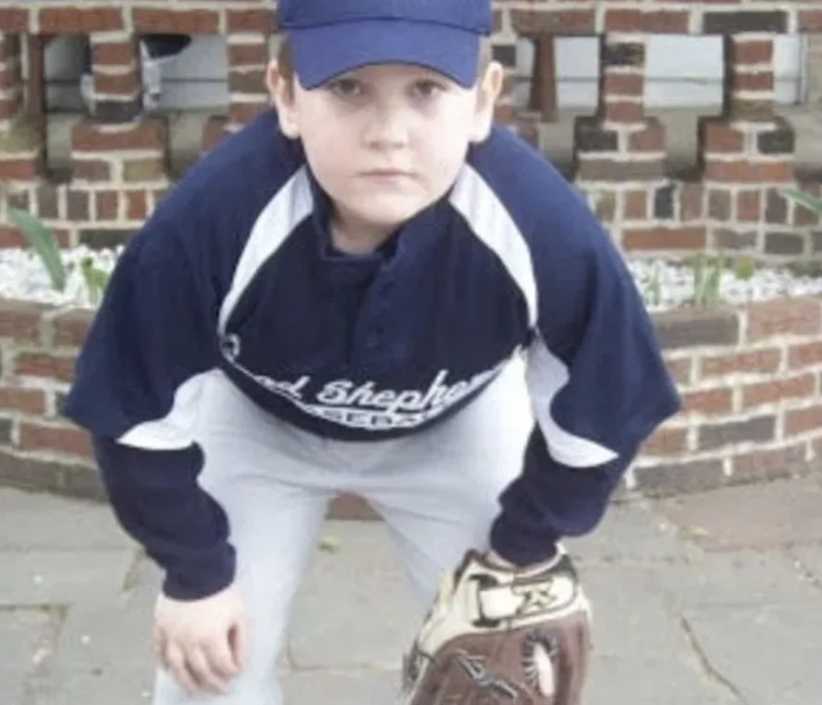“I’m not a little kid anymore!” Those six heart-wrenching words are often what adolescents tell their parents, who may still view their teens as the babies they once were. It can be hard to let go, whether you are handing over the car keys, packing your “child” up for college, or accepting that your 13-year-old wants to start wearing make-up to school. No parent is fully prepared to come to terms with their teenager outgrowing certain childhood habits. However, society sometimes misconstrues what the actual meaning of adolescence is: an extension of childhood. Even though your teenager is beginning to gain independence, that doesn’t mean he is going to become a full-fledged, independent adult overnight. Here are four ways your teen still needs you, according to experts in adolescent psychology.
Set Rules for Your Teen
You’ve likely set guidelines throughout your teen’s life, relating to your family values and morals—and those of society and culture at large. But internalizing and acting according to those rules is a lot for her to take on by herself right now, according to Erin Jant, Ph.D., developmental psychology professor at Binghamton University. “They’ve had all these routines and rules throughout their life, but they might still need reminders on some things,” Dr. Jant says.
This is especially true when it comes to the pressure your teen may feel from her peers or what she sees on social media, according to Alyson Cohen, LCSW, who works with adolescents and young adults at her private practice in midtown Manhattan. Your teen doesn’t need to be micromanaged in every aspect of her life, but gentle reminders here and there—especially when it comes to what’s okay to share and how to act on social media—will go a long way to ensuring your teen stays safe online, Cohen points out.
Your Teen Might Need Reminding About Hygiene
While your teenager may not need to rely on you entirely for meals and reminders about cleanliness anymore, it’s possible he still might need some help adjusting to becoming independently accountable for the many responsibilities that come with growing up.
Check in on your teenager to make sure he’s practicing healthy food habits to balance the junk food he eats when you’re not around. In many situations she deals with, Cohen finds it helpful when parents are involved in preparing their teenager’s food. Try cooking together once or twice a week, or give him more freedom to choose and prepare a meal for the family.
When it comes to hygiene, it’s especially important to help young teens along with some gentle reminders—after all, needing deodorant and getting acne is new for them. Cohen suggests asking questions like: “Are you brushing and flossing your teeth at night?”; “Are you actually using body wash and shampoo when you take a shower?”; “When was the last time your sheets were changed?”; and “Are you making sure your favorite jeans are getting washed?” The important thing is not to come down on him for doing something wrong, but rather to reinforce his positive behaviors and habits through encouragement.
Allow Your Child to Experience Consequences
One of the most influential factors in whether a teenager becomes a self-reliant, confident adult is whether she has been allowed to face (and learn from) the consequences of her actions, Dr. Jant stresses. If you fix every single issue for him, he won’t ever get the sense of autonomy he needs to thrive in the real world. After all, if you keep bringing your teen her lunch at school because she always forgets to pack it, will she ever learn to remember?
“[It’s important] that their parents are giving them rules, sending them off, and hoping that they’re learning from their own failures, while always providing support when necessary,” Dr. Jant says. “Natural consequences are very useful and impactful for teens especially.” So, consider letting your teens experience safe and natural consequences. For example, instead of emailing her English teacher asking if she can do extra credit to boost her grade, let her take the lower grade. It’s the only way she’ll realize writing her essays on the bus the morning they are due isn’t a great idea.
Show Your Kids Emotional and Physical Affection
Even if your teenager tells you he can’t stand your smothering hugs, appropriate physical affection from a parent or guardian is something he’ll never outgrow, Cohen says. “There has been so much research in the last 25 years that there is no amount of love that you can give your child that’s too much,” Cohen says. “And when I say love, I don’t mean being overbearing, in their face trying to do everything for them, but [saying], ‘I love you. I care so much about you. I’m so happy you’re in my life.’”
It is especially important to remember your teenager has not outgrown physical affection, according to Dr. Jant. Why? “The risk for depression in adolescence jumps up exponentially compared to middle childhood,” she says. So, it’s crucial that parents pay attention to behavior shifts in their children, and not take on a permissive parenting style just because they want to be liked, Dr. Jant says. “There are so many parents who feel that tension…so then they pull back. They just allow [their teen] to do whatever, and then that can lead to negative consequences for that child.”
Even though it can be difficult, it’s important to remember to remain calm when your teenager is acting up or shutting you out. Even if she’s behaving like she wants nothing to do with you, what she really needs more than ever is your love, support, and affection.





















